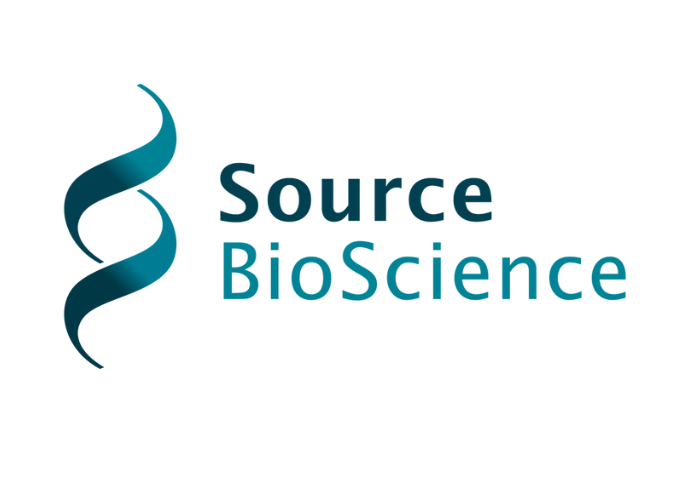- This pioneering test aids oncologists in predicting recurrence and survival rates in breast cancer patients and potential treatment eligibility to bisphosphonates
- Results showing the clinical utility of the test have been published in Lancet Oncology and the Journal of National Cancer Institute
- The MAF Test® is now available to oncologists and pathologists in United Kingdom and Ireland and will benefit an estimated 56,000 new patients each year
- This agreement follows Inbiomotion’s recent distribution partnerships for Spain and Portugal with Palex Medical and The Scientific Group for Sub-Saharan Africa
Barcelona and Nottingham, February 8th, 2024
Source BioScience, an industry-leading provider of genomic services and healthcare diagnostics, and Inbiomotion, a company commercializing its proprietary MAF Test® for identifying high risk early-stage breast cancer patients, have signed an exclusive agreement to start offering the MAF Test® as a service in United Kingdom and Ireland. The MAF Test® predicts the prognosis of breast cancer patients and helps oncologists to identify those patients who may be able to prevent recurrence and benefit from adjuvant treatment with bisphosphonates, which are commonly used
to treat osteoporosis. The test also identifies those patients whose prognosis would worsen if treated
with bisphosphonates.
Breast cancer is the most common form of cancer among women, with more than globally 2 million new cases diagnosed each year. Approximately 1 in 8 women will develop breast cancer in their lifetime and, of these, 15-20% will eventually develop metastases. Having the capacity to identify those patients with a higher risk of recurrence and being able to personalise their treatment is vital for their survival and quality of life.
Thanks to this agreement, the MAF Test® could increase the survival of 8 out of 10 of the 56,000 early-stage breast cancer patients diagnosed each year.
Nick Bills, Histopathology Director at Source LDPath, part of Source BioScience, said, “The addition of the MAF Test® to our diagnostic portfolio is a key expansion in providing personalized medicine for our extensive network of healthcare providers and their patients. We are delighted to be able to provide individuals with breast cancer further information about their prognosis to support best possible treatment outcomes”.
Ralf van den Berg, Chief Operating Officer of Inbiomotion commented, "We are thrilled to announce a groundbreaking partnership between Inbiomotion and Source BioScience, bringing the cutting-edge MAF Test® to the forefront of precision medicine in the United Kingdom and Ireland. This collaboration marks an important milestone in advancing diagnostic capabilities, empowering healthcare professionals with a powerful tool to enhance patient care for early breast cancer patients.
Together, Inbiomotion and Source BioScience are committed to delivering innovative solutions that revolutionize the landscape of personalised medicine, ultimately improving outcomes and quality of life for individuals facing complex medical challenges."
Results showing the clinical utility of MAF Test® were generated using patient biopsies from two landmark clinical trials, each with more than 3,000 patients (AZURE and NSABP-B34). These results were published in The Lancet Oncology (2017) and the Journal of National Cancer Institute (2021) respectively, where it was shown that 80% of patients with breast tumors had MAF-negative tumors and that being treated with clodronate or zoledronic acid increased their disease-free survival by 14.3% and decreased their relative risk of death by 21.4%. In contrast, patients with MAF-positive tumors had no benefit, or even worse prognosis, from treatment with bisphosphonates (clodronate or zoledronic acid), irrespective of their menopausal status.
This announcement follows a recent publication in Nature Cell Biology of key data further elucidating the biology around the MAF biomarker. A team from IRB Barcelona led by ICREA researcher Dr. Roger Gomis, co-founder of Inbiomotion, revealed in such publication the mechanism by which the MAF protein increases the risk of metastasis in breast cancer patients. This finding is a crucial step in understanding the molecular basis of metastasis and has relevant clinical implications for treatment.


